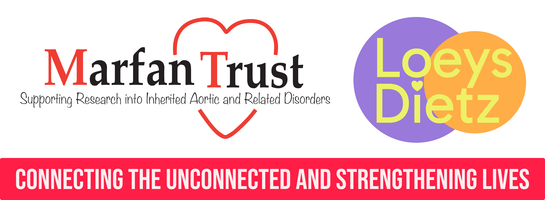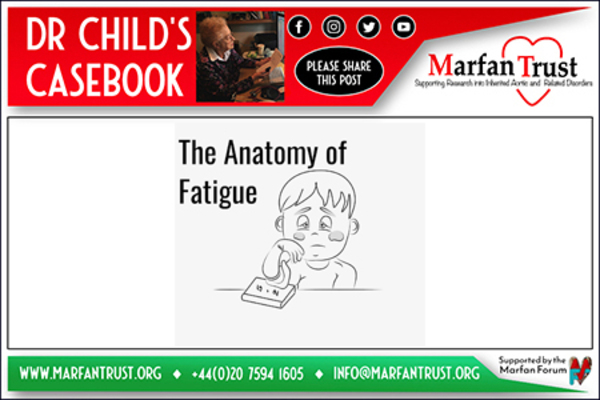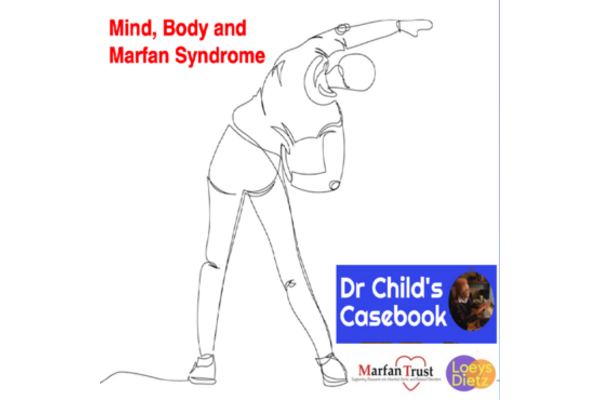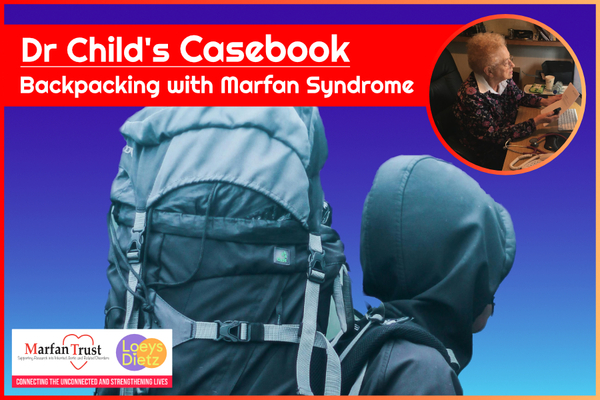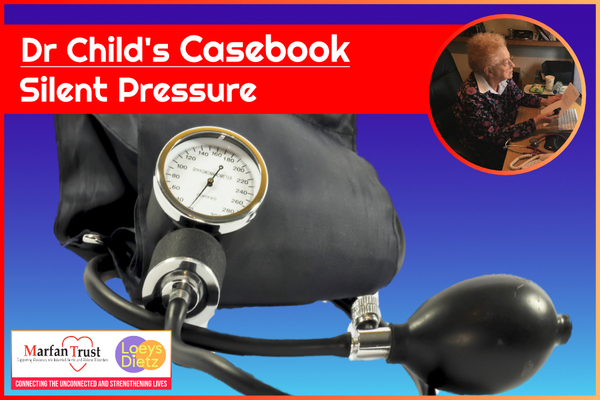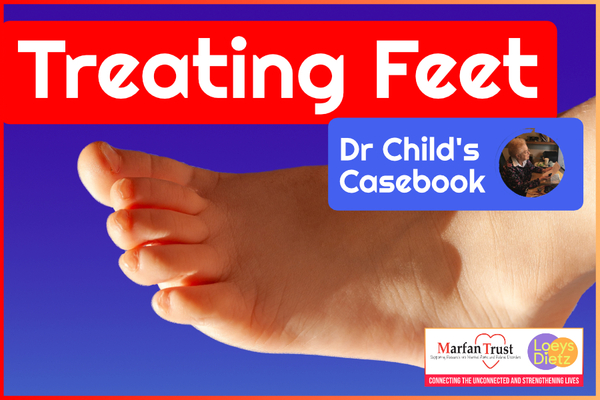By Dr Anne Child and Victoria Hilton
Rested and refreshed, the ideal way in which to greet the day. Sleep is one of the body’s most important physiological needs, it consolidates our thoughts and replenishes our energy! But not always. No matter the amount of sleep, one can still be left feeling tired, or fatigued? Discussing the distinction between tiredness and fatigue is not semantics because the difference is tangible, and matters. One mother recently described her Marfan son’s increasing tiredness despite his long sleeps, and wondered as to the connection between fatigue and Marfan syndrome.
Q: We are now noticing more and more that my small son is very tired on a daily basis despite a good 10-11 hours’ sleep. This has gone on longer than a normal growth spurt tiredness. After doing some research I have seen that Marfan Syndrome can cause fatigue, but can't find any further information.
A: Fatigue is felt in the muscles and joints. It is different from tiredness. Tiredness can be relieved by sleep and rest. Fatigue cannot, although sleep is obviously important. Fatigue in Marfan syndrome is a lifelong feature, due to the fact that fibrillin is an important component of muscles, tendons and ligaments. If this is deficient, then these structures are stretchier and weaker than normal. Gentle exercise can maintain strength, but building up muscle is very difficult, and heavy weight-lifting should be avoided.
It is better to modify lifestyle in order to cope with this feature. Advice on exercise and school activities should be given to children, and if they have aortic root dilation they should avoid contact sports, but maintain reasonable fitness. From an early age parents should be advised to guide their children towards leisure activities which can be continued even if cardiac complications develop in the future. Recommended sports include swimming, cycling on the level, badminton, cricket, netball, archery, sailing, and golf (see our exercise pamphlet).
Career advice should include a review of the child’s special interests and talents. Courses should be directed towards a career which involves these skills, but the quiet end of the career. Living close to work to avoid hours of commuting, and saving social time for the weekends so that a good night’s sleep can be obtained, are both bits of good advice. Easy fatigability after the age of 50 may lead to the necessity to have a part-time job, switch careers, or take early retirement due to fatigability. At school and work, long periods of concentration are very tiring, and the patient must learn to pace themselves, working within comfortable timescales. Frequent breaks should be taken if possible, and extra time given on examinations which are written, due to the difficulty of coordinated handwriting. Generally speaking, a review of medication may indicate that a switch from drowsy-inducing medications such as Atenolol, to those with lesser side effects, such as Irbesartan, may be beneficial in the long run.
The quality of sleep is important. Snoring or cessation of breathing briefly during the night, may indicate sleep apnoea, or enlarged tonsils and adenoids which may interfere with normal breathing. The patient may wake up in the morning feeling unrefreshed. (see our ENT pamphlet for further information).
Chronic low-grade musculoskeletal pain may cause feelings of fatigue. Physiotherapists may be of assistance, offering massage and gentle exercise, and some patients find learning the Alexander postural technique is helpful. Suitable supportive chair and a high desk may help at school and in work.
Lastly, mild depression when coming to terms with the daily activity limiting effects of Marfan syndrome, and feelings of being different, may also lead to fatigability. Peer group support, and physically undemanding social activities such as singing in a choir, may all help the school-age child to feel better about themselves.
Despite this long-term problem, adaptation of lifestyle and explaining the problem to employers and peer group, can lead to a happy fulfilled life.
